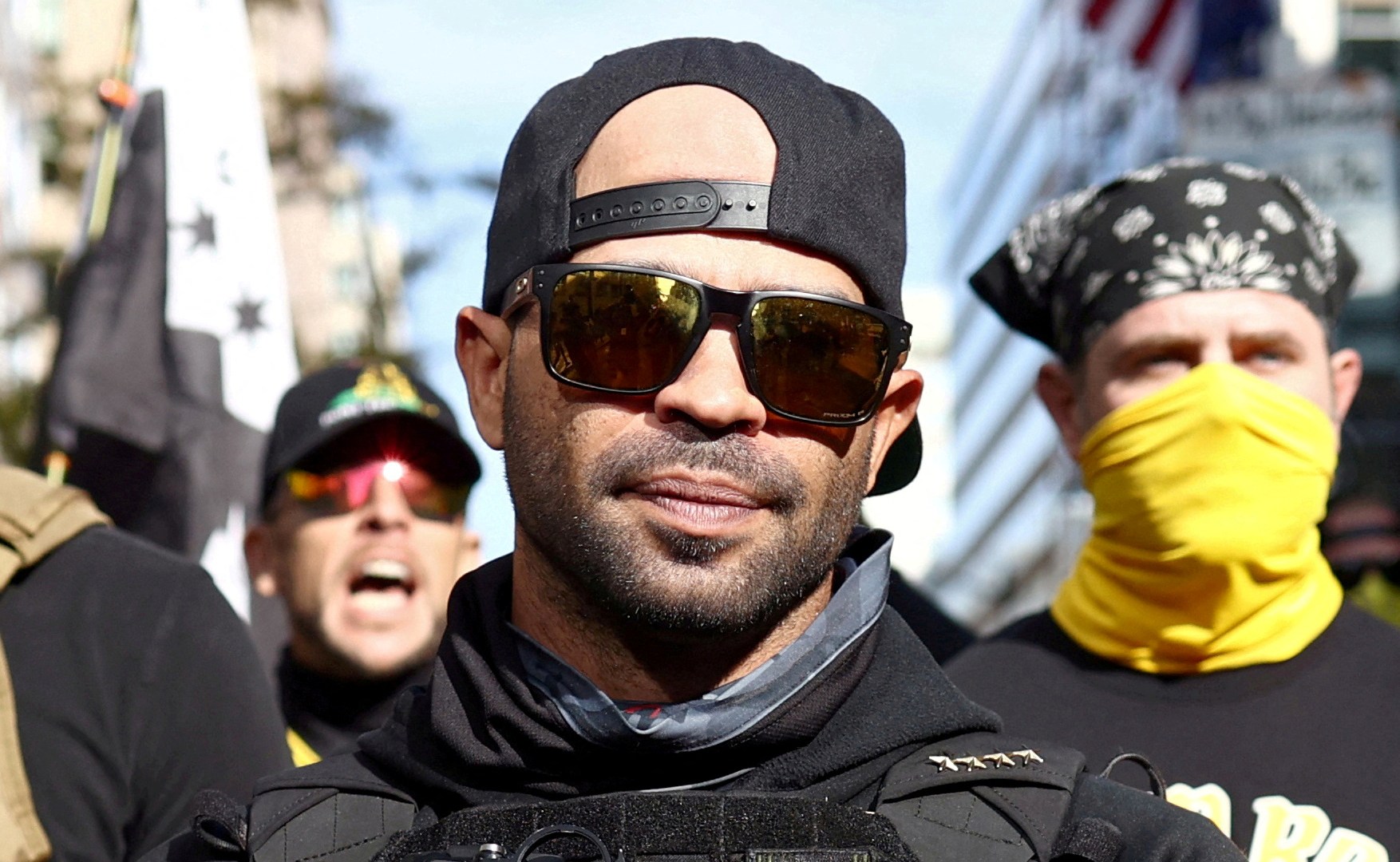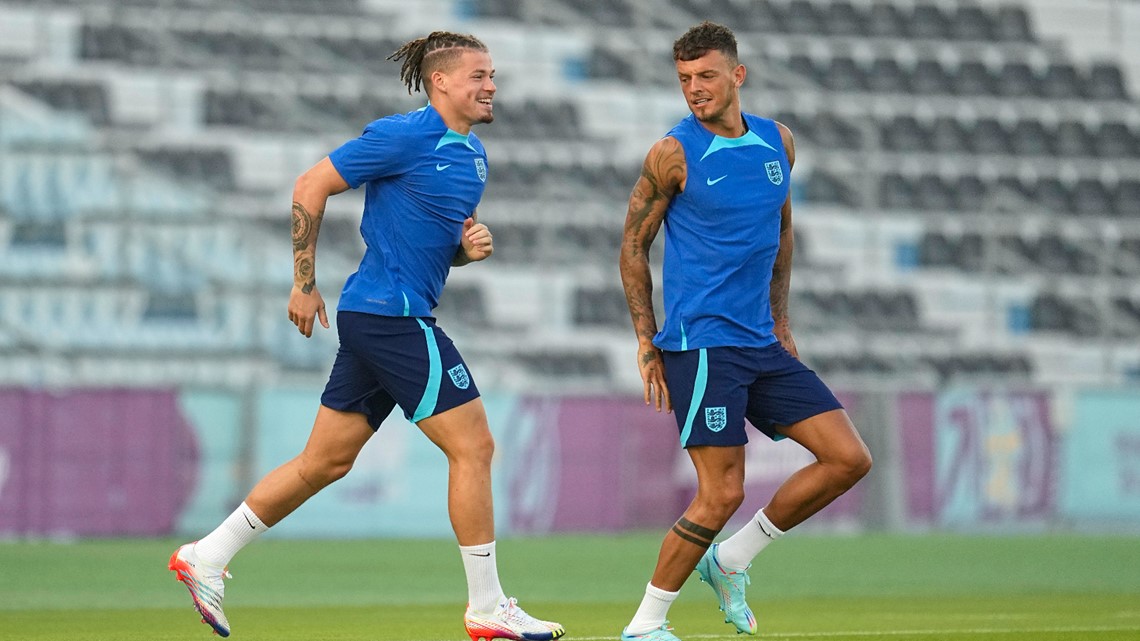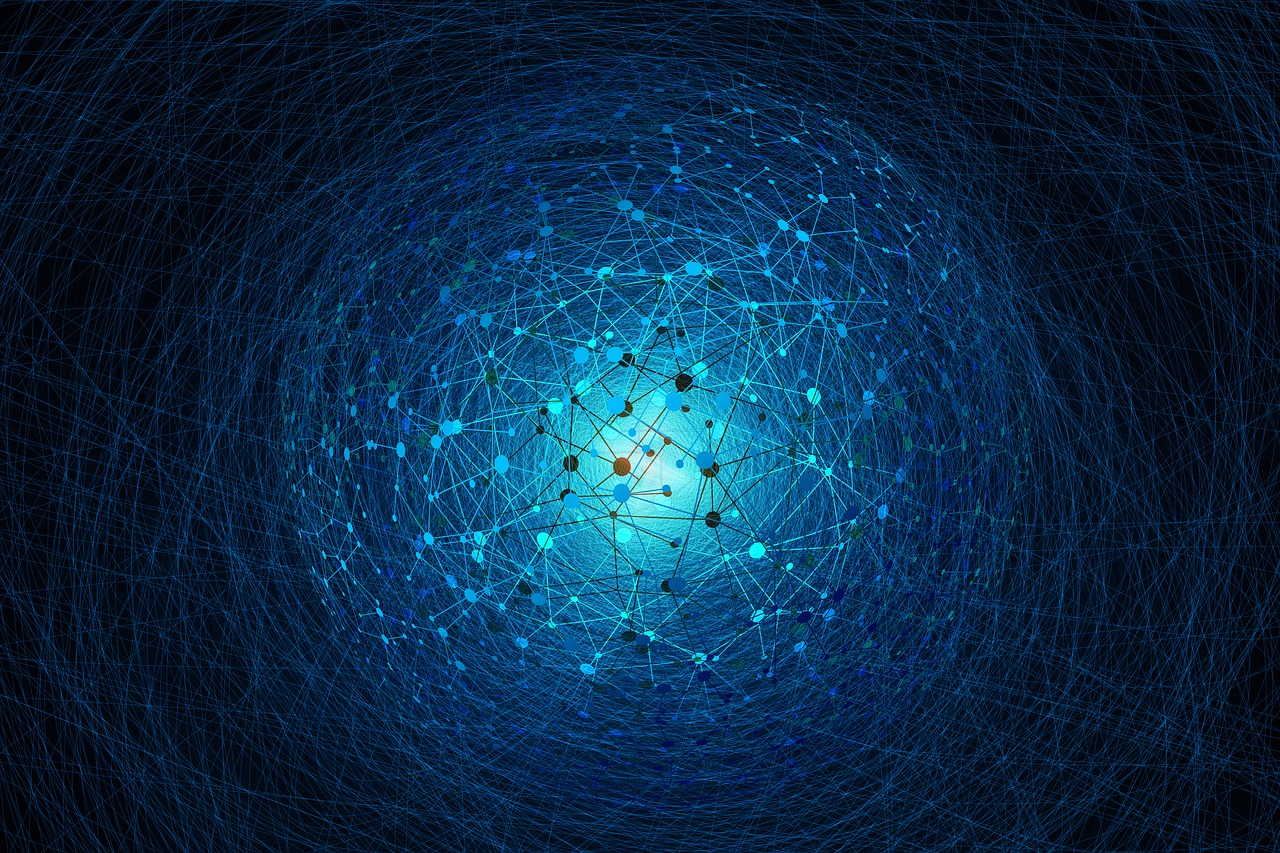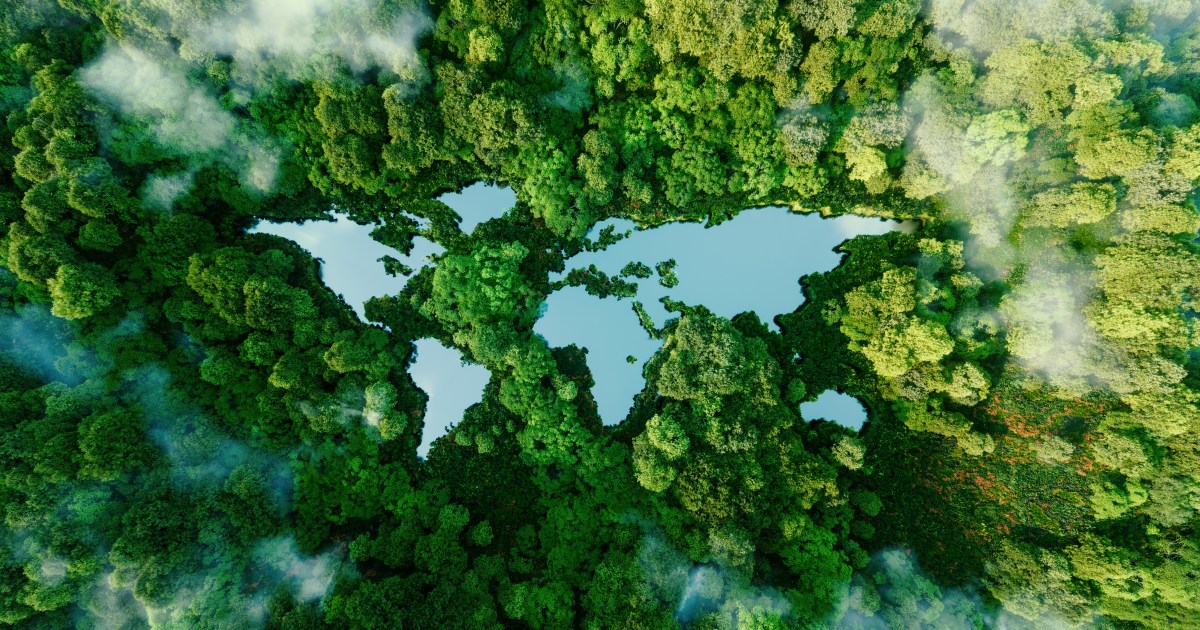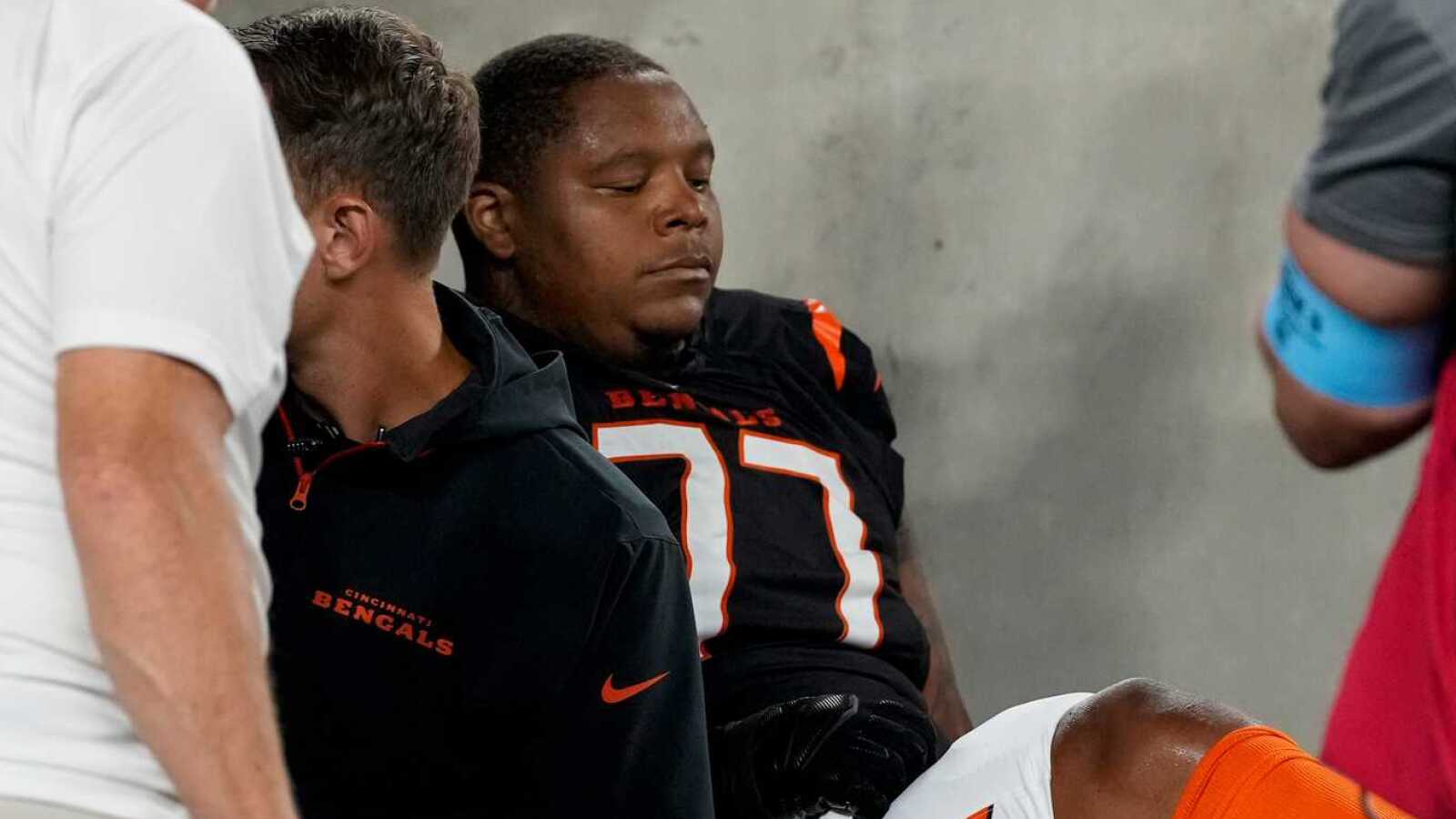Western and eastern officials and commentators are consumed by the question, “Where are the moderate Muslims?” Many, seeing only the extremism perpetuated by a radical few, despair about finding progressive and peaceful partners to stand with in the Muslim world. However, reconciling Islam with the modern world has been an imperative for Muslims. The process dates back to the 19th century when the Islamic reform movement was born at Al Azhar University in Cairo, Islam’s premier institution of learning.

At the Dar al Iftaa, Egypt’s supreme body for Islamic legal edicts over which I preside, we constantly wrestle with the issue of applying Islam to the modern world. We issue thousands of fatwas or authoritative legal edicts — for example, affirming the right of women to dignity, education and employment, and to hold political office, and condemning violence against them.
We have upheld the right of freedom of conscience and expression within the bounds of common decency. We have promoted the common ground between Islam, Christianity, Judaism and other eastern religions. We are committed to liberty within the bounds of Islamic law. Nonetheless, we must make more tangible progress on these and other issues.
We unequivocally condemned the violence against innocents during Egypt’s struggle with terrorism in the 1980s, 1990s and afterwards. We continue to do so in public debates with extremists on their views of Islam, in our outreach to schools and youth organisations, in our training of students from across the world at Egypt’s theological institutions, and our counselling and rehabilitation of former extremists. While we must strive to reinforce our shared principles, we must also accept the reality of differences in our values and outlook. Islam and Indian culture have different value systems. Respect for our differences is a foundation for coexistence and never for conflict. Egyptian President Abdel Fattah El-Sisi and Prime Minister Narendra Modi have repeatedly stated that we live in a challenging world that requires cooperation and bridge-building.
Many, including our global partners, have heard and welcomed these overtures. But, in observing this shift in public diplomacy, and especially the amount of attention given to the Muslim world today, I believe practical steps are needed to turn these good wishes into a sustained relationship of mutual trust and respect. This is the message I wish to deliver on behalf of the Muslim world in India this week.
First, it is fundamental for Islam to be a relevant and moderate player in today’s world, and certified Muslim clerics must be recognised as the ones who speak for Islam. Too often, western and eastern media succumb to the temptation to treat extremists, who are representative of nobody but themselves, as the mainstream.
We share the blame, so now is the time for Muslim clerics to be more vocal and professional in their engagement. At the same time, it is important that media, non-governmental organisations, and world governments be more thorough in their engagement with scholars. By doing so, a more moderate and wholesome Islam can win over the minority that adheres to extremist teachings. Already, massive headway is being made throughout the Muslim world to educate preachers and students of Islam, helping them engage more productively with modernity. At the same time, Muslim clerics are reaching out internationally to take hold of the dialogue and improve interfaith relations.
Second, beyond the immediate call to turn a new chapter and improve relations, there is a dire need to make our dialogue multifaceted to include scientific, cultural, economic, and technological discourses. There should be stronger ties between Indian and Egyptian universities, research facilities and students. This sharing of knowledge among young people – before bigotry and stereotypes set in – is a guaranteed method to improve tolerance among the next generation of leaders on both sides.
Third, even though it is a cliché to say that dialogue is a two-way street, it remains at risk of being lost. Undoubtedly, the responsibility for an improved relationship between the Muslim world and India falls on both sides. I feel that this is not only possible but the only way we can build a brighter and more prosperous world for our children and grandchildren. With cooperation and respect, no task has been impossible for man.
Shawki Ibrahim Abdel-Karim Allam is the Grand Mufti of Egypt
The views expressed are personal






